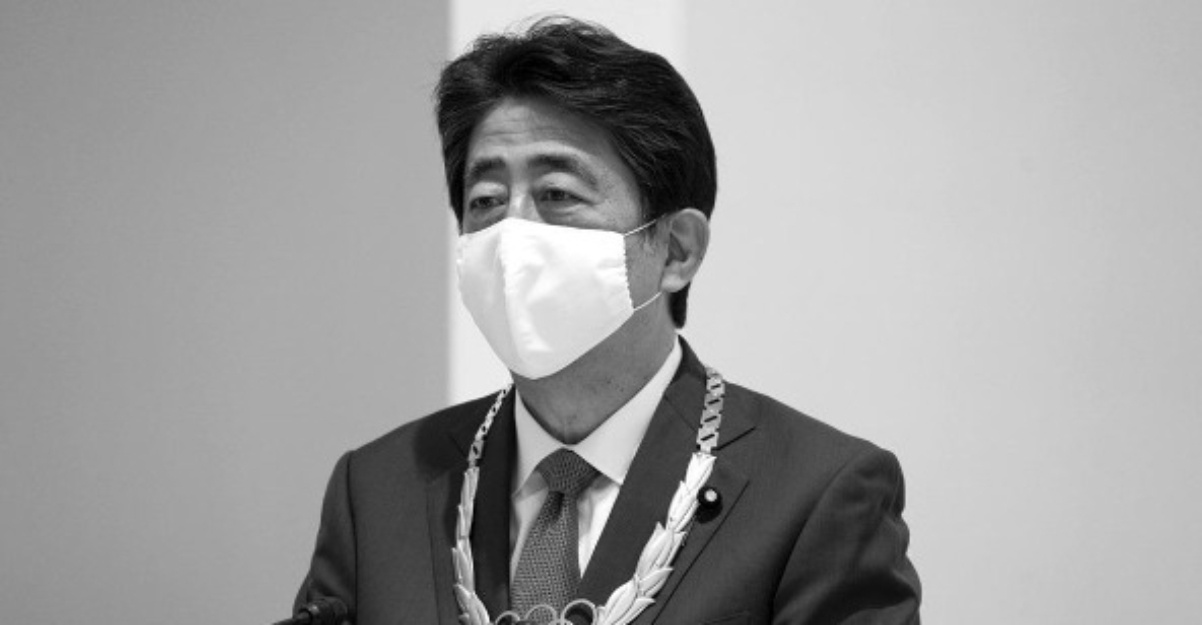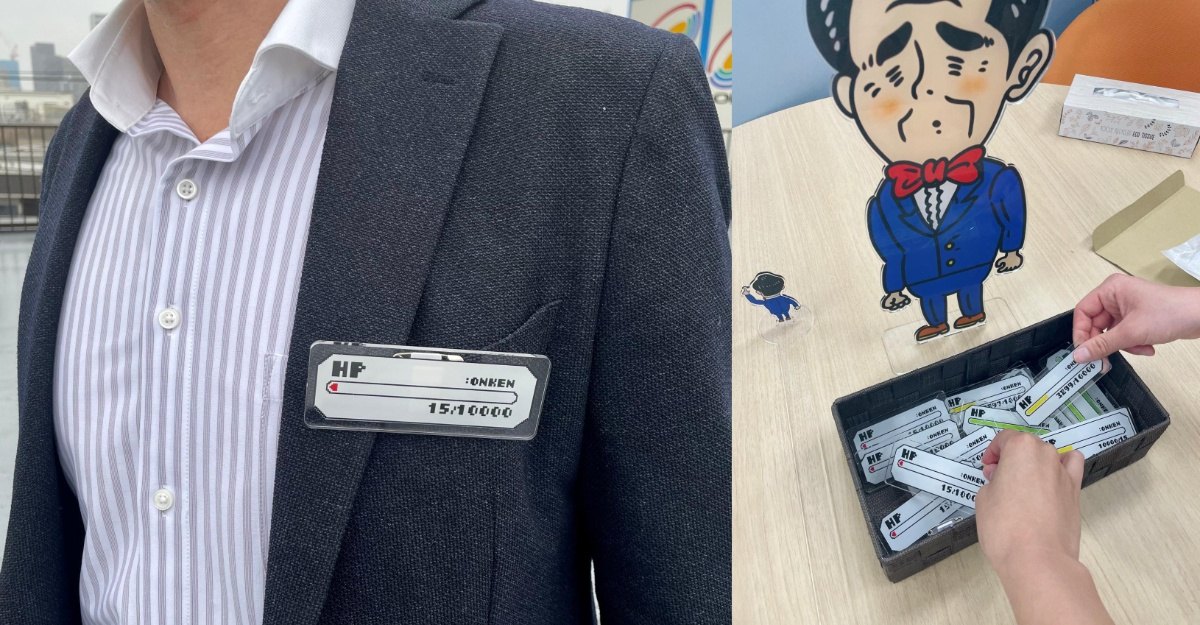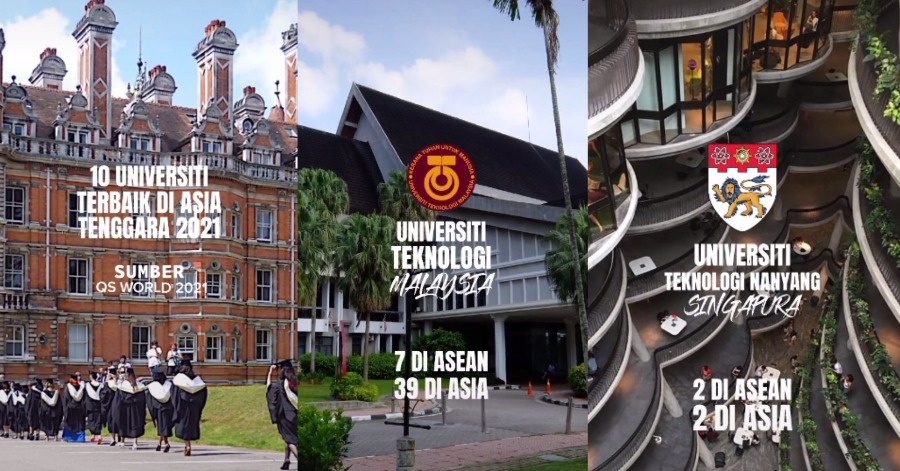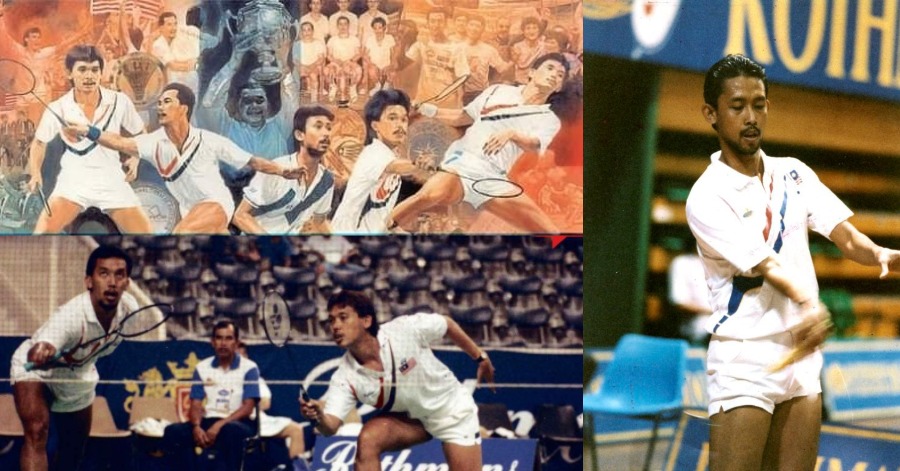TOKYO, July 15 (Bernama) — Japan holds state funeral this fall for former Prime Minister Shinzo Abe, who was fatally shot last week on the campaign trail, Prime Minister Fumio Kishida said Thursday.
The funeral, expected to be fully state-funded, will be dedicated to Abe for the “excellent leadership and implementation skills” he showed during his eight years and eight months in office that made him the longest-serving Japanese prime minister, Kyodo news reported Kishida said, although opposition party lawmakers quickly warned not all people support the plan.
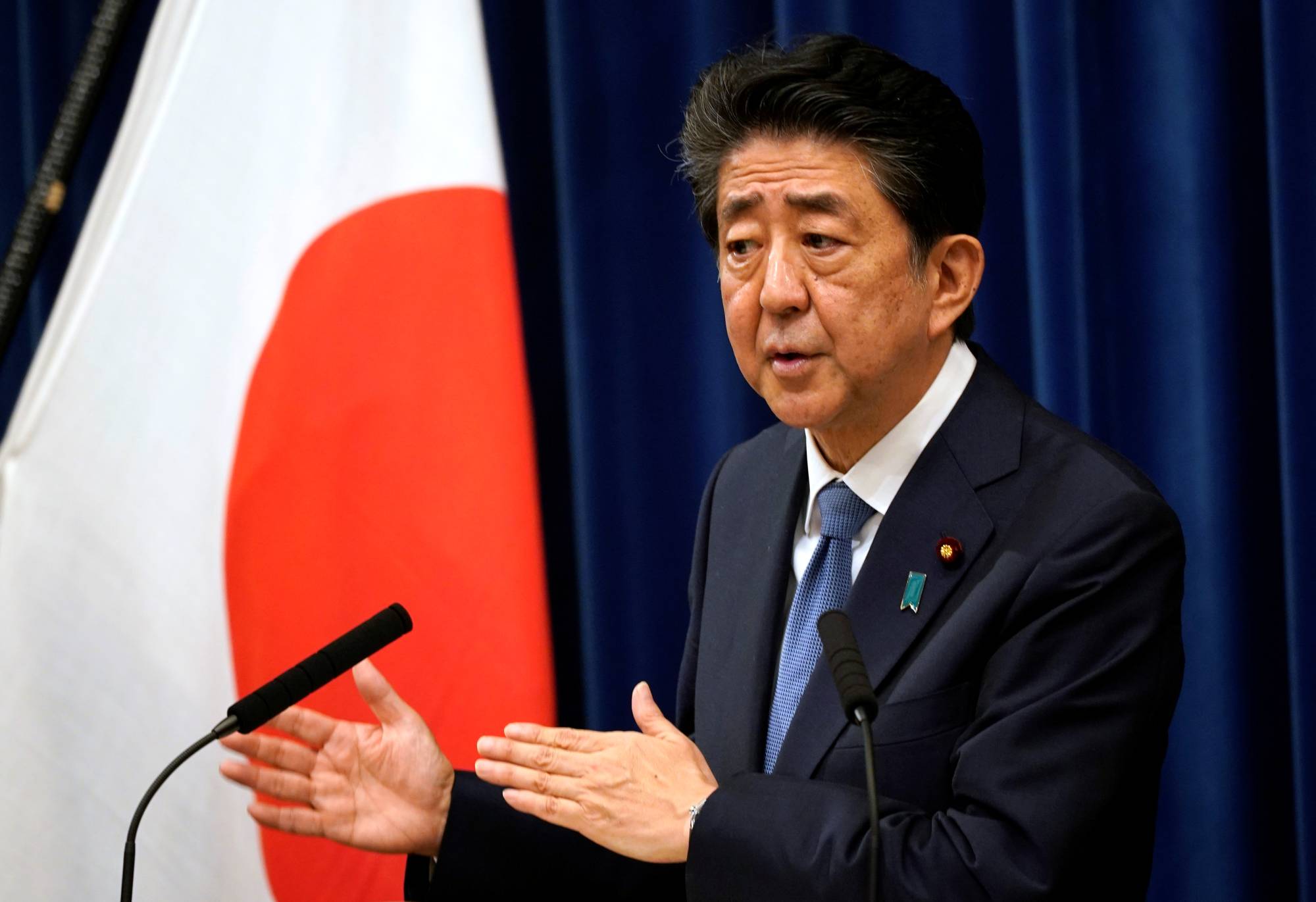
Following the shooting of Abe last Friday in the western city of Nara, a private funeral was held Tuesday for the prime minister with the attendance of his family members and people close to him, including Kishida.
A state funeral for a national leader is rare. The last time Japan held such a memorial was in 1967 for Shigeru Yoshida, who served as prime minister as the country rose from the ashes of World War II. The decision was made by then Prime Minister Eisaku Sato’s Cabinet.
“By carrying out a state funeral, we will mourn (the death of) former Prime Minister Abe and show our determination to defend democracy resolutely without giving in to violence,” Kishida said at a press conference.
The likeliest venue is Nippon Budokan in Tokyo, the same as for Yoshida, a source at the Prime Minister’s Office said. The government is expected to set up an office at the Cabinet Office soon to start arranging the funeral, it reported.
Abe’s sudden death shortly before Sunday’s House of Councillors election shocked the nation, known for its strict gun control and rare political violence.
Kishida said Abe was deserving of a state funeral because of his significant contributions to Japan, including leading efforts to recover from the March 2011 earthquake and tsunami, which triggered the worst nuclear accident since Chernobyl, reviving the Japanese economy and pursuing diplomacy based on the Japan-US alliance.
The late prime minister was praised highly by foreign leaders and the international community, and his death from a “barbaric” act that shook the foundation of democracy during campaigning has led to mourning and condolences offered at home and abroad, Kishida said.
A Cabinet decision will do to hold a state funeral and no parliamentary approval is necessary, according to the prime minister.
Abe, who stepped down as prime minister in 2020 due to ill health, was an influential yet divisive figure at home.
Supporters say he helped raise Japan’s profile by reviving the economy with his “Abenomics” policy mix and expanding the role of the Self-Defense Forces. But he also faced criticism, mired in a spate of scandals, including allegations of favoritism.
Senior lawmakers from the ruling Liberal Democratic Party welcomed Kishida’s decision as appropriate, given Abe’s legacy. Opposition party leaders showed their understanding, but some called for more explanation as to why a state funeral is needed.
“Not all people are supportive” of the plan, Ichiro Matsui, leader of the opposition Japan Innovation Party, told reporters. The funeral should be held in a way that the bereaved family will not become the target of public criticism, he added.
On Tuesday, people thronged outside Zojoji, a Buddhist temple, as the private funeral was held on the premises and formed a long line at the LDP headquarters in Tokyo to lay flowers and pay respects. The hearse carrying Abe’s body passed by the prime minister’s office, the National Diet Building and other locations linked to his political career.
There is no law on state funerals specifying eligibility or guidelines for holding them. Such a law was scrapped under the separation of church and state when Japan promulgated the postwar Constitution.
Past funeral services for former prime ministers who belonged to the LDP were jointly hosted by the party and government.
Costs have run in the tens of millions, with Ryutaro Hashimoto’s in 2006 costing the government around 77 million yen ($553,000) and 96 million yen for Yasuhiro Nakasone in 2020, according to Kyodo news.
The public is far from unanimous on the government holding a state funeral.
“He was the longest-serving prime minister. He made great achievements. I think it is only normal for there to be a state funeral,” said Shigeru Ofuji as he visited the city hall in the southwestern city of Fukuoka to sign a condolence book.
The 53-year-old mentioned Abe’s efforts to get North Korea to return abducted Japanese citizens.
Another man, who also visited the same venue to pay tribute, said that while he is personally for a state funeral, he said there might be others who are against it.
“I believe it is necessary to have a discussion on the matter,” the 61-year-old said.
Yasunori Sone, a professor emeritus at Keio University in political science, said it would be “reasonable” to hold a state funeral for Abe, given his long tenure and diplomatic accomplishments.
Jiro Yamaguchi, a professor of political science at Hosei University, disagreed, calling it a “sacrilege” against the public to make “political use” of death.
Both experts agreed, however, that the government needs to give the public a satisfactory explanation of the reasons for holding a state funeral.
At the press conference, Kishida also addressed questions about the security arrangements in Nara that allowed an armed man to approach and shoot the former prime minister from behind as he gave a speech supporting a party candidate.
“Frankly speaking, (Abe’s) security arrangements were problematic,” Kishida said at the press conference.
“I ask for a comprehensive review and fixes when necessary by looking at how VIP protection is offered overseas in comparison,” he added.
The National Police Agency is looking into Abe’s security detail after the assassination, with its results expected in August.
In the upper house election held in the shadow of Abe’s killing, the LDP and its coalition partner Komeito clinched a sweeping victory.
Sources: BERNAMA

